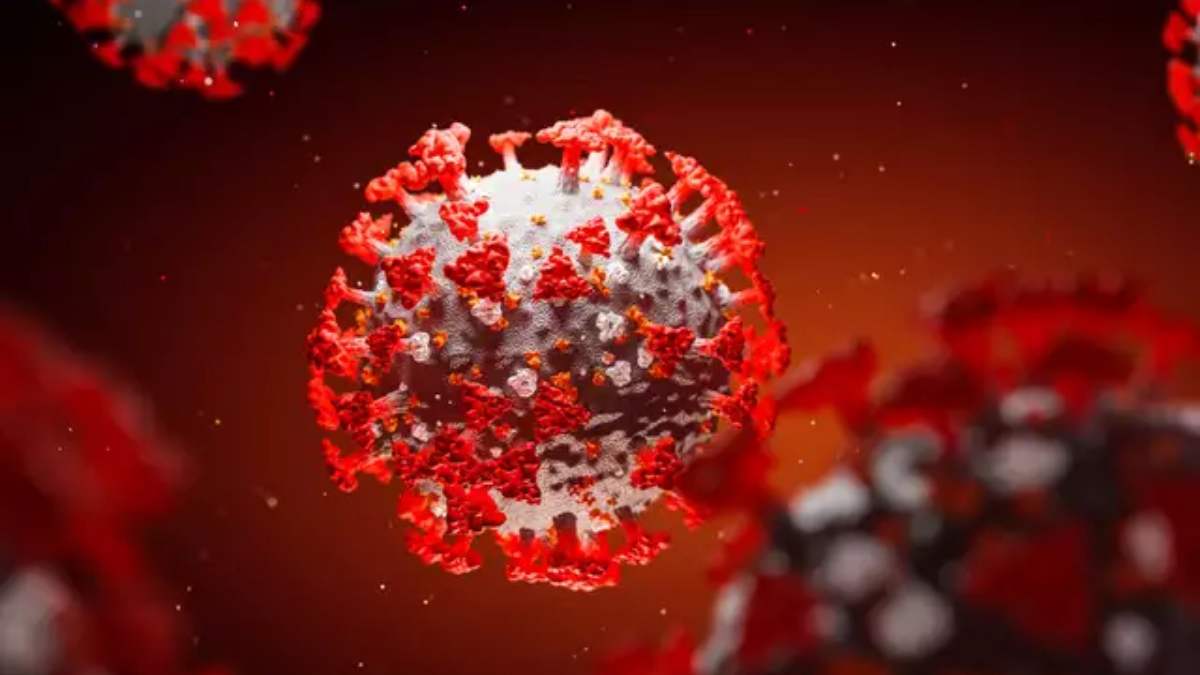


Q. Tell us more about the theme of National Nutrition Week for this year “feeding smart right from start”?
The theme for National Nutrition Week 2021 is “feeding smart right from start”. Early complete, balanced nutrition in children is necessary for growth, brain development and strong immunity. Emerging evidence suggests that nutrition during early life may have consequences extending into adulthood. Poor maternal and early infant nutrition is linked to several diseases including cardiovascular disease, obesity, diabetes mellitus, allergy and other immune diseases, some forms of cancer, mental health problems, osteoporosis, chronic respiratory disease, and musculoskeletal conditions.


Nutrition for kids is based on the same principles as nutrition for adults. Everyone needs the same types of nutrients—such as vitamins, minerals, carbohydrates, protein and fats. Children, however, need different amounts of specific nutrients at different ages. Deficiencies in macro and micronutrients might influence a child’s growth and body processes. Vitamin D and calcium are well-known for helping children develop strong, healthy bones. A lack of these essential micronutrients has an impact on bone formation and other body functions.
Q. What are the key issues around nutrition in India that need to be addressed?
According to the Comprehensive National Nutrition Survey report (2016-2018), 35% of Indians children aged 0-4 years were stunted, 17% were wasted and 33% were underweight. Poor nutrition can cause growth faltering or even stunted growth leading to illness and cognitive development issues which can have consequences later in life for children. Preventing those nutritional gaps can help children reach their full growth potential.
Breastfeeding optimally throughout the first year, as well as supplemental feeding strategies can save about one-fifth of mortality in children under the age of five. One of the most critical behaviours for baby survival is breastfeeding within the first hour of life. Despite this, just 56.6 % of Indian infants begin nursing within the first hour of life. Infants who are exclusively breastfed have a lower risk of infections like diarrhoea and pneumonia, which are important causes of death in children under the age of five. An infant who is not exclusively breastfed has a 14-fold higher risk of dying from any cause than an infant who is exclusively breastfed.
A little less than half of the Indian infants aged six to nine months receive complementary foods in addition to mother’s milk. Less than one child in ten between the ages of 6 and 24 months is fed optimally, according to approved standards. In India, ensuring that children are provided nutritionally rich complementary foods at the appropriate age, at the appropriate frequency, and with proper feeding, hygiene procedures is a huge concern.
Good nutrition in the first “1000 days” including nursing and appropriate supplemental foods, helps to prepare children and adults for a healthy childhood and adult life, as well as avoiding the double burden of malnutrition.
The anticipated nutritional crisis caused by the Covid-19 pandemic is concerning, as millions of children and women will be harmed as a result of a lack of access to nutritious foods and micronutrients. By 2022, an estimated 9.3 million children would be impacted, with 20-25% of them suffering from stunted growth. Children who are malnourished are more vulnerable to pandemic complications, as Covid-19 and other infectious and inflammatory disorders, such as pneumonia, can cause more sickness and death.
Each year, about 380,000 children in Uttar Pradesh die before the age of five years, falling victim to malnutrition, diarrhoea etc.6 India bears a disproportionate burden of malnutrition. Response to the pandemic has disrupted routine nutrition programmes such as the ICDS and the Mid-Day Meal Programme.
If diet alone is not enough, dietary supplements can help replenish essential nutrients. The Food Safety and Standards Authority of India (FSSAI) recently issued a document containing recommended dietary allowance (RDA) of different vitamins and minerals. RDA is theaverage daily level of intake sufficient to meet the nutrient requirements of nearly all (97%-98%) healthy people.
Q. How can the national nutrition week help the cause?
Nutrition contents in a person’s body are very essential for the proper functioning of the body and avoid deficiencies. And for this, a proper nutrition intake is in our diet is also necessary. While various awareness activities are usually conducted to educate people on the need for nutrition in our bodies, National Nutrition Week being one such important event.
The National Nutrition Week is observed every year from 1 to 7 September all across the country to spread awareness and encourage everyone to understand the importance of nutrition and adopt a healthy, sustainable lifestyle. It is a collaborative effort to improve and expand the reach of critical nutrition interventions. The transformation will be driven by increasing community participation and educating moms, families, and communities.